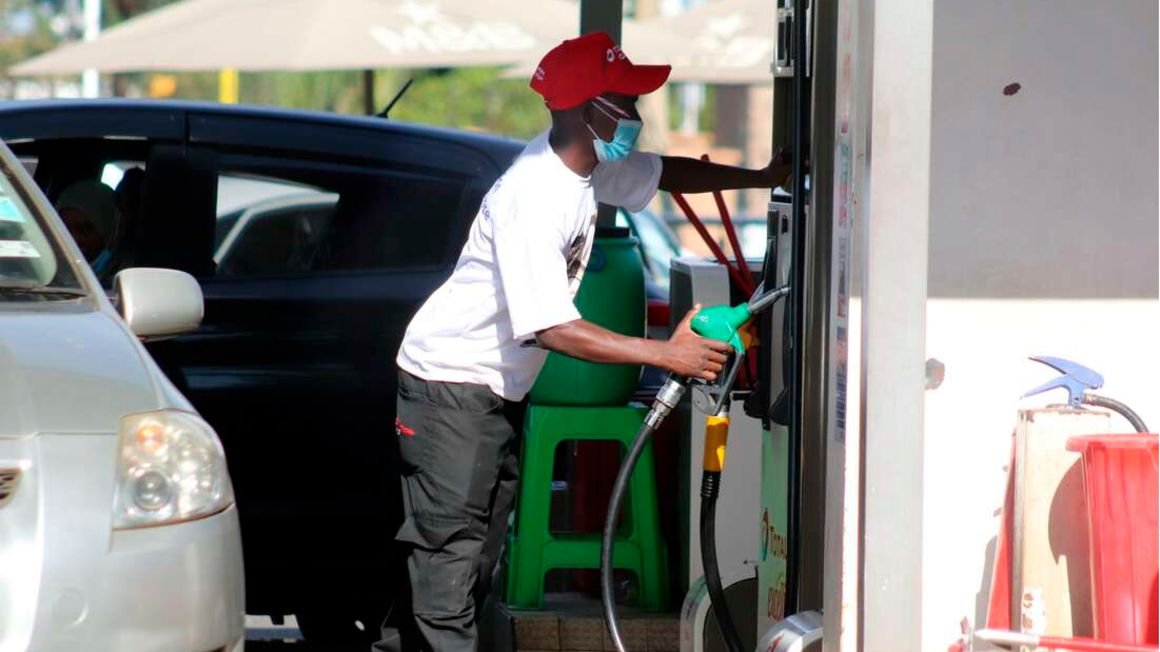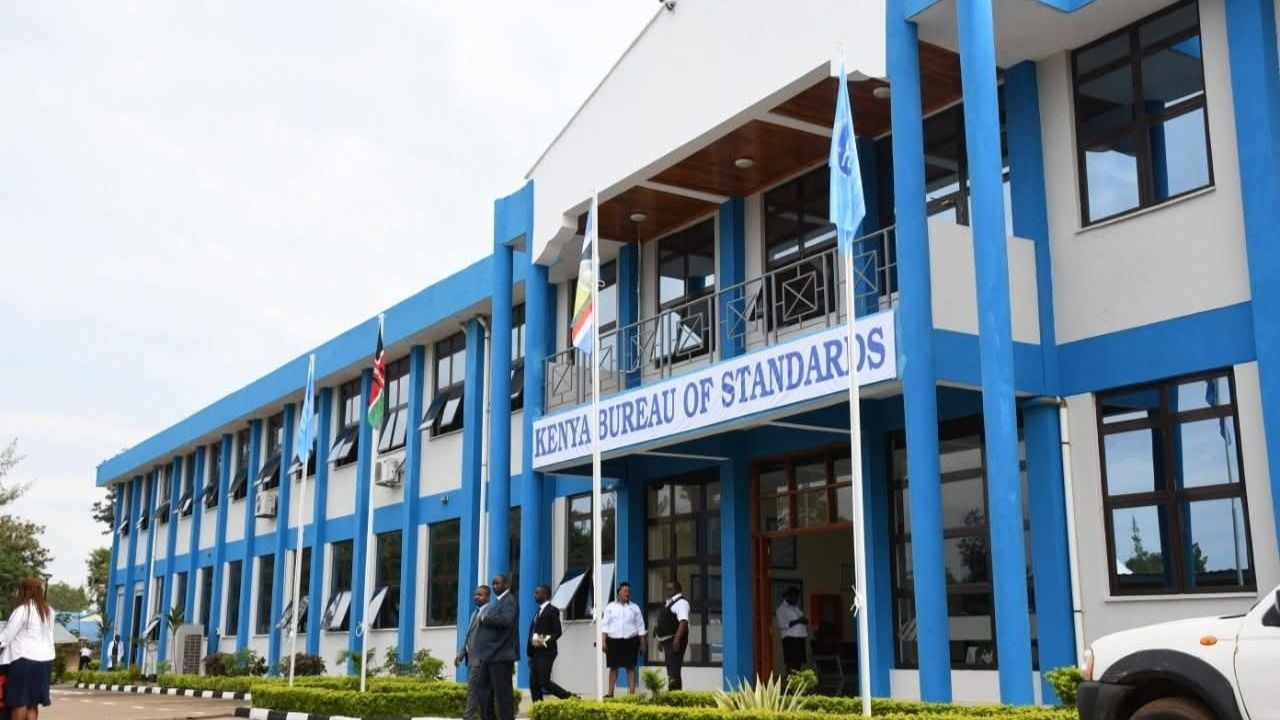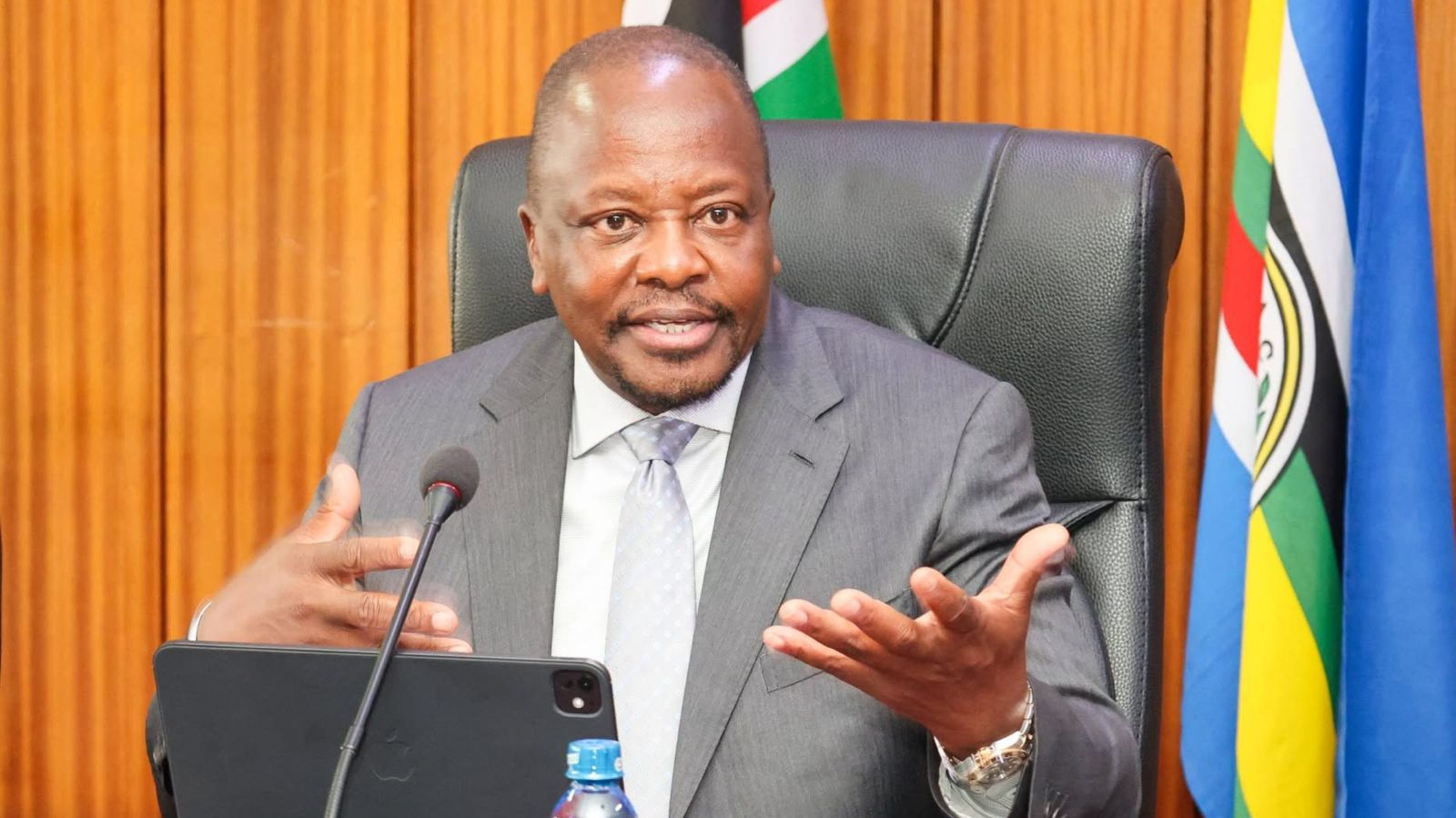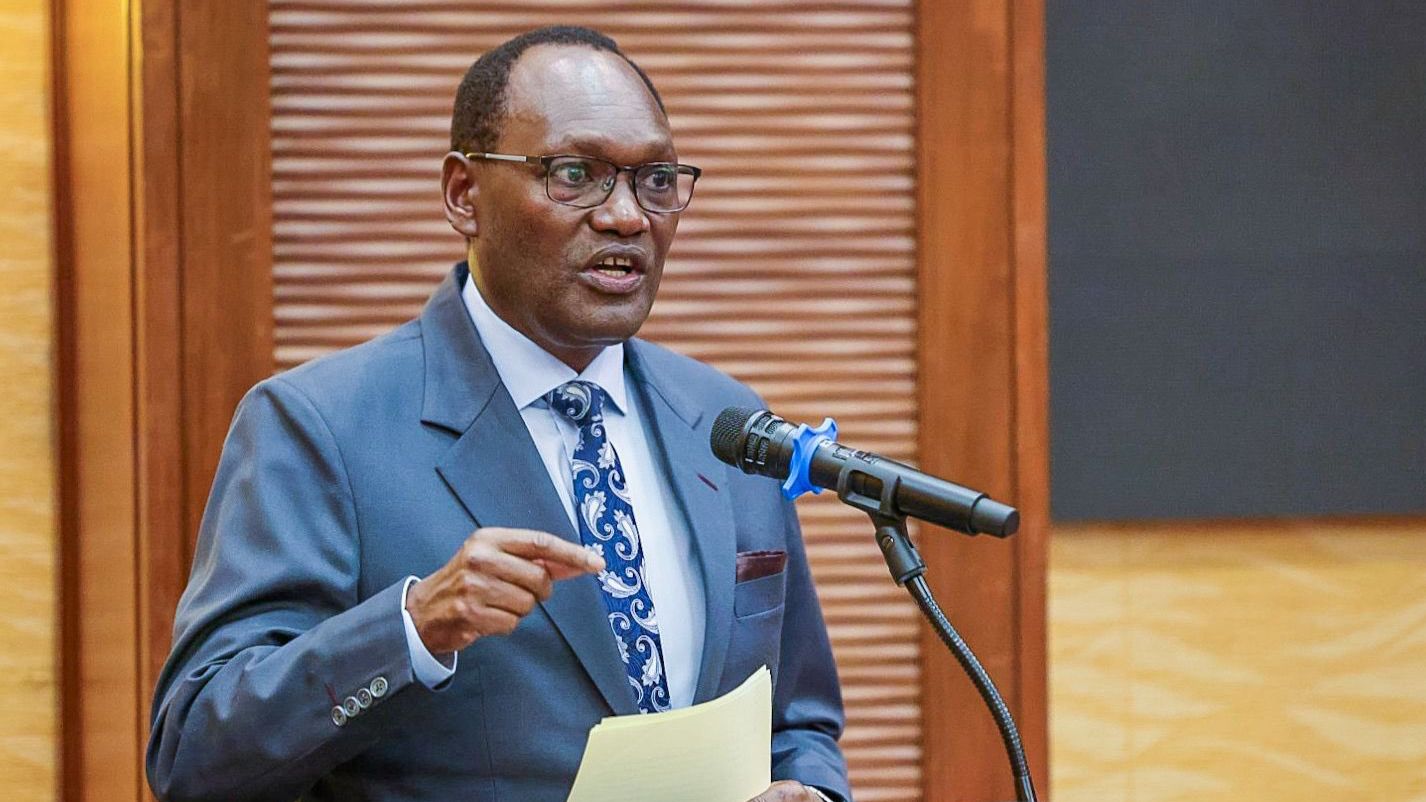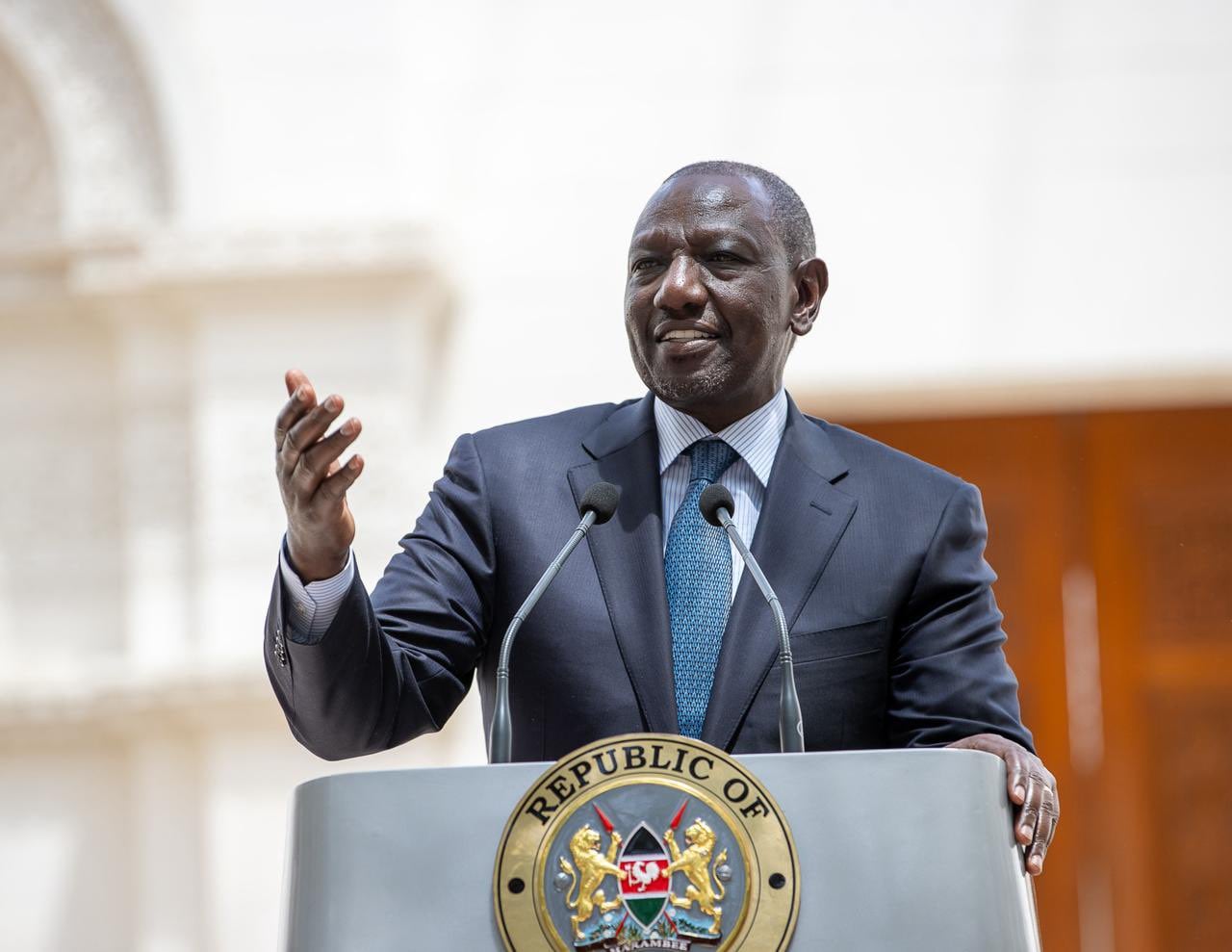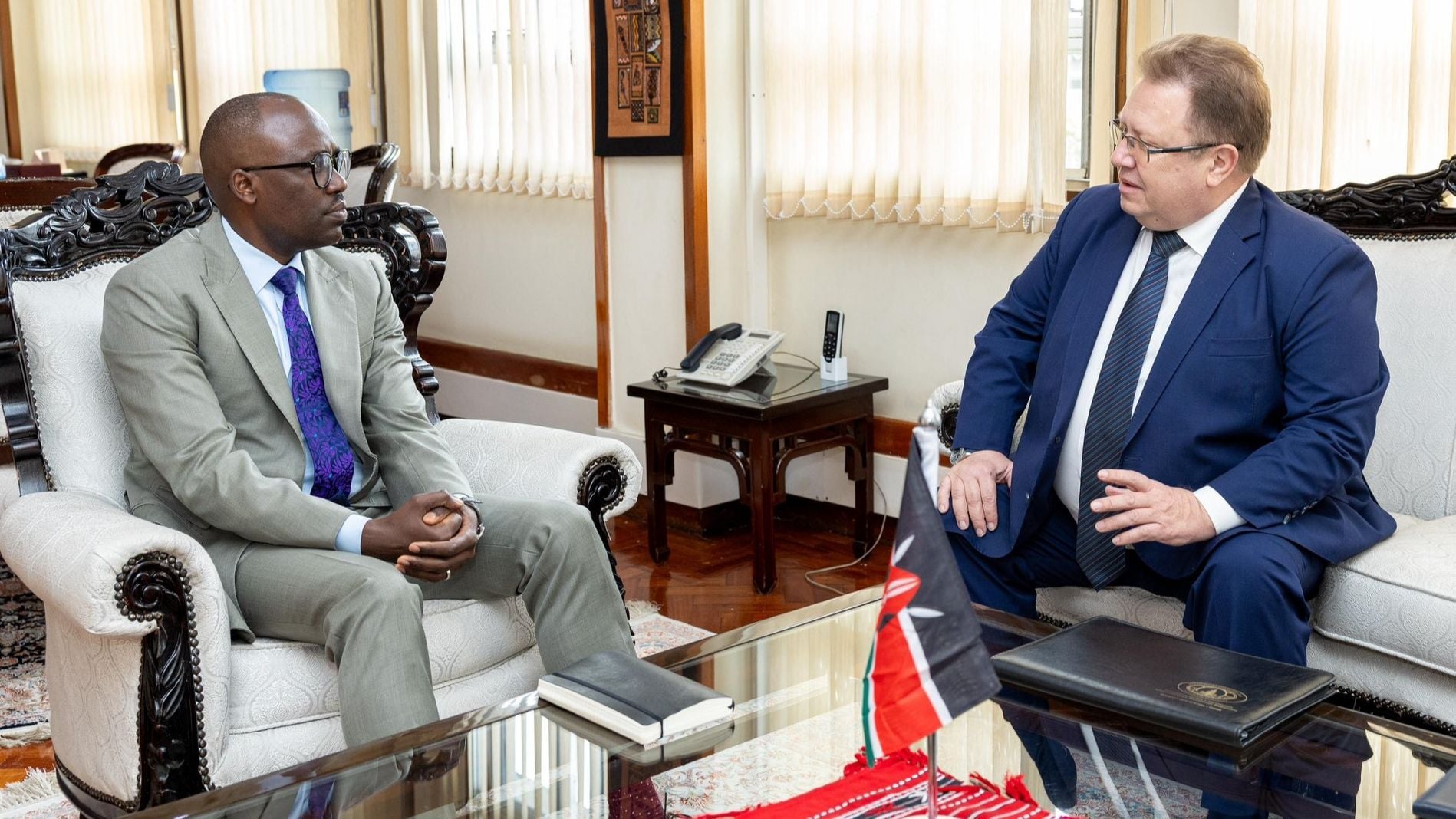The Kenyan government does not necessarily see eye-to-eye with betting operators in the country, with the government landing some significant power punches in the last couple of years.
Those punches have been hard enough to knock down betting heavyweights like SportPesa and Betin, but despite this seemingly harsh atmosphere, online betting continues to flourish in the country, with licensed sites like betway particularly thriving.
Telecoms giant, Safaricom, in a recent release, revealed that Kenyans spent KSh. 83.2 billion on betting deposits via M-Pesa between April and September, a 69% increase from the same period in the previous year.
It is like the government knows that the industry will thrive regardless of whatever laws or policies they put out there.
It wasn't long ago that President Uhuru Kenyatta, a staunch antagonist of betting, threatened to place a total ban on betting in Kenya.
Read More
That obviously did not happen, but the government has been flirting with and imposing some tough tax policies on betting operators.

As it stands, the Kenya Revenue Authority collects 7.5% from every betting stake, and an additional 20% on winnings.
That is minus the other corporate taxes and licensing fees paid to the Betting Control and Licensing Board (BCLB).
Apart from paying all these monies, betting operators in the country still have to carry out their Corporate Social Responsibility, with some of them actively involved in sports sponsorships and other promotions.
It is safe to say that the Kenyan economy has benefited greatly from these betting companies.
So has the government been fair to these betting operators?
The government does pose a valid argument.
Betting sites generate some serious revenue in Kenya, and should rightly recycle some of that money into the country that has been so fruitful for them.
This was the root cause of the fight between the government and leading betting sites like SportPesa back in 2019, with the government asking that betting operators pay taxes on both stakes and winnings.
The tax on betting stakes was set at 20%.
Back then, the government suspended the licenses of up to 27 companies, claiming that they owed more than Ksh. 60 billion in unpaid taxes.
Things have since settled down a bit, with the government reducing the tax on betting stakes to 7.5%. Now that seems a little bit more reasonable.
Other issues the Kenyan government has had with sports betting include the growing rate of gambling addiction, under-age betting, and the general effect of betting on children.
Kenya has one of the biggest betting markets in Africa, with many young adults actively involved in gambling activities. Unfortunately, the betting craze has also trickled down to children.
In a bid to curb these vices, the government has tried to be as tough as possible with its betting laws.
And they deserve some commendation for that. It would have been easy for them to fold their arms, collect their money and watch the country's youth slide down the pit of gambling vices, but they have tried to keep the situation under control and demanded more responsibility from betting operators.
In the end, both the government and the betting operators need each other. The government can do with the money, and the operators need the environment.
They may not be the best of friends, but they have to find a way to make it work.
Kenya is big enough for both parties to co-exist.
